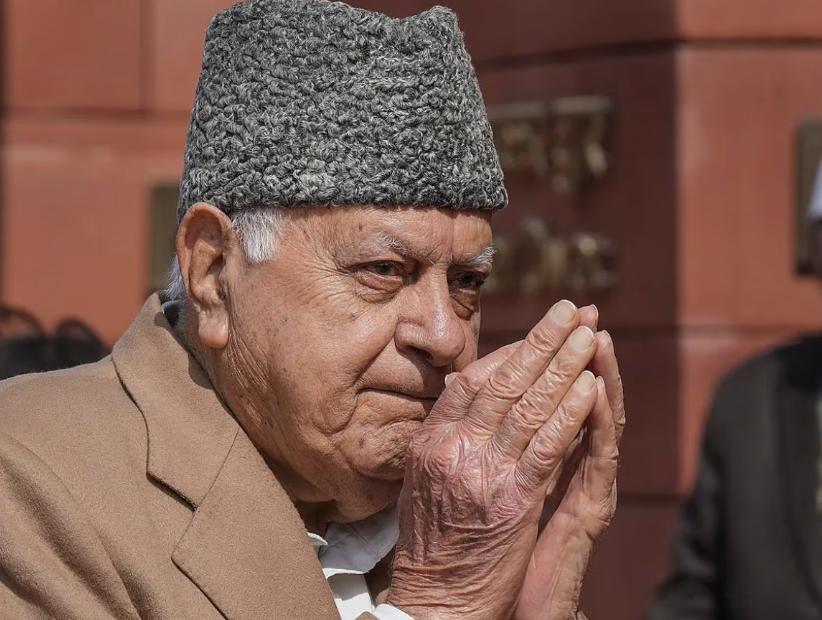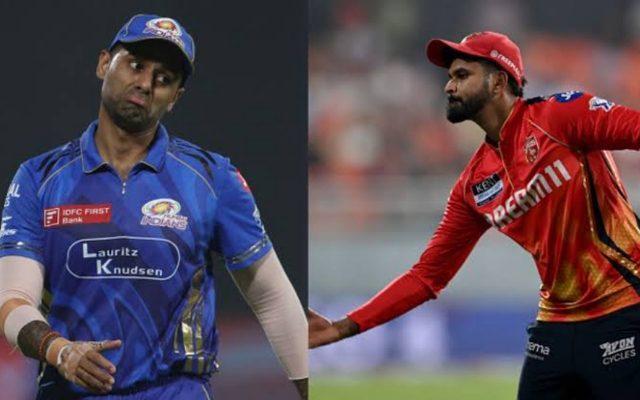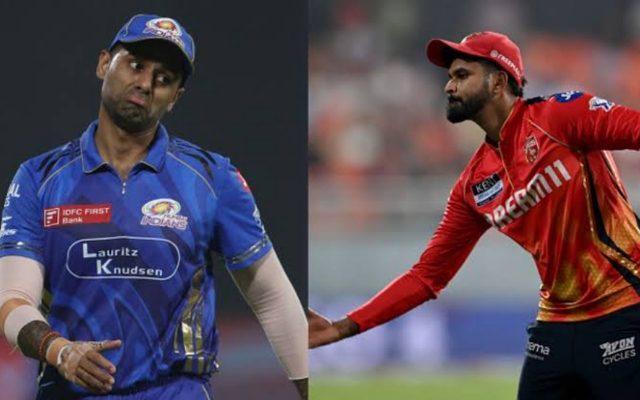
Ex-R&AW chief Dulat claims Farooq privately backed Article 370 abrogation, he denies
In his latest book, “The Chief Minister and the Spy”, former R&AW chief AS Dulat has made a sensational claim that former Jammu and Kashmir Chief Minister Farooq Abdullah privately backed the abrogation of Article 370, which granted special status to the state. The statement has sparked a controversy, with Abdullah denying the claim and calling it a “figment of imagination” of the author.
According to Dulat, Abdullah’s National Conference (NC) had suggested that the abrogation of Article 370 would have helped in passing the bill. Dulat, who served as the chief of the Research and Analysis Wing (R&AW) from 1999 to 2000, wrote that he had discussions with Abdullah about the issue and that the latter had expressed his support for the move.
However, Farooq Abdullah has vehemently denied the claim, saying that it is baseless and without any substance. In a statement, Abdullah said that he had never discussed the issue with Dulat or anyone else, and that the claim was a “figment of imagination” of the author, who claims to be his friend.
The controversy surrounding the claim has raised questions about the accuracy of Dulat’s book and the reliability of his sources. Some have questioned why Dulat would make such a claim, especially given the sensitive nature of the issue. Others have pointed out that Dulat’s book is a memoir and not a historical account, and that the author’s motivations and biases should be taken into account when evaluating the claims made in the book.
The abrogation of Article 370 was a highly controversial move that was taken by the Indian government in August 2019. The move was seen as a major change to the region’s special status and sparked widespread protests and unrest in the region. The move was also seen as a significant shift in the country’s approach to the region, and has had far-reaching implications for the region’s politics and economy.
The controversy surrounding Dulat’s claim has also raised questions about the role of politicians in the region and their relationship with intelligence agencies. Some have questioned whether politicians are willing to compromise on sensitive issues in order to gain an advantage or to maintain their power.
The debate surrounding Dulat’s claim is not limited to the accuracy of the claim itself, but also extends to the broader implications of the book and the author’s motivations. Some have seen the book as an attempt to influence public opinion and shape the narrative around the abrogation of Article 370. Others have seen the book as a way for Dulat to promote his own legacy and reputation as a spy.
In conclusion, the controversy surrounding Dulat’s claim that Farooq Abdullah privately backed the abrogation of Article 370 highlights the complexity and sensitivity of the issue. While Dulat’s claim has sparked a heated debate, it is important to approach the issue with a critical eye and to consider the motivations and biases of the author. Ultimately, the truth about the abrogation of Article 370 and its aftermath will likely remain a matter of debate and controversy for years to come.
Source:
https://repository.inshorts.com/articles/en/PTI/5880e3bf-0a05-40d6-887a-465b5c760b3a






